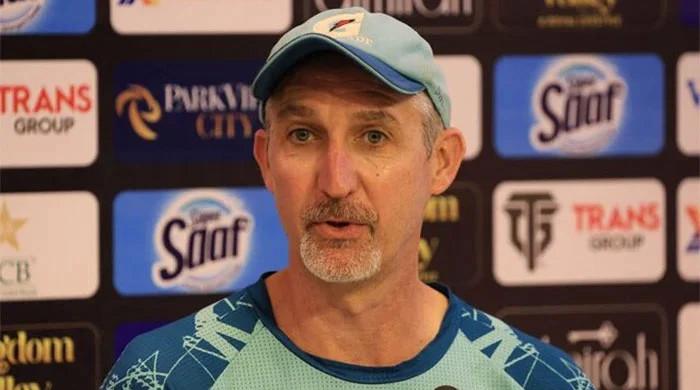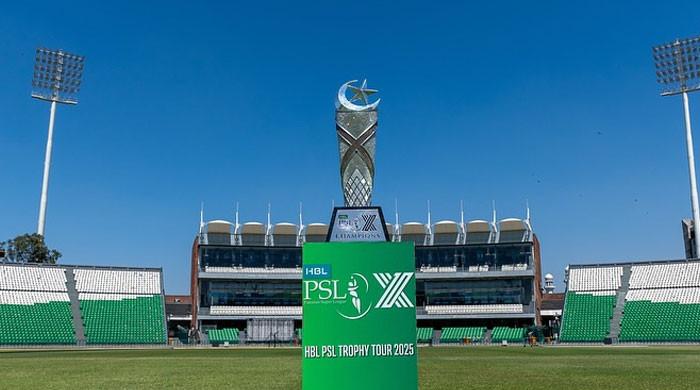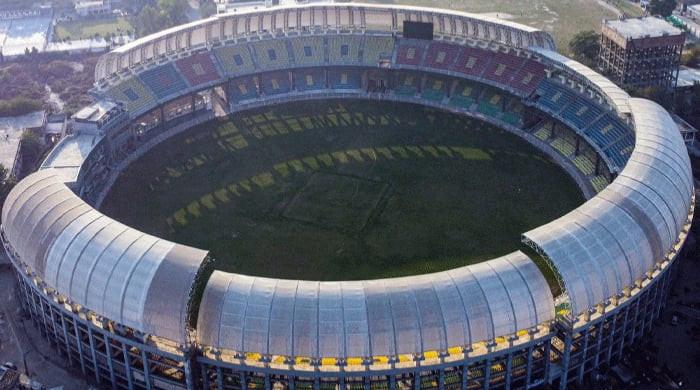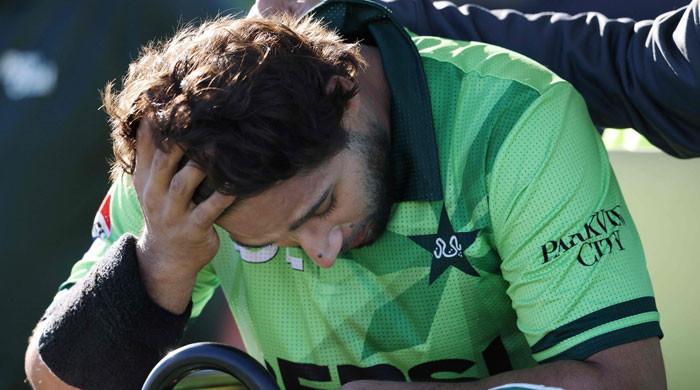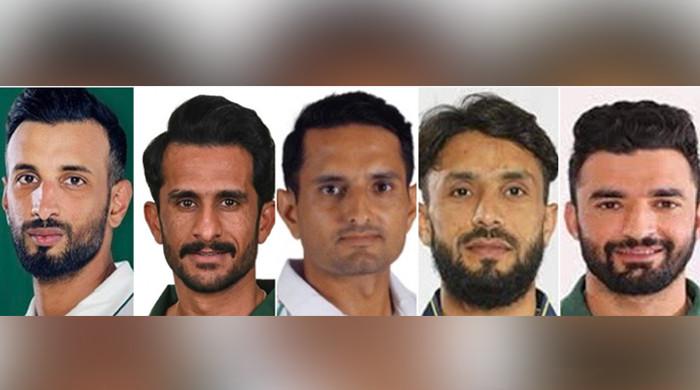Puma to end Israel football team's sponsorship, says decision not linked to Gaza conflict
Puma has been frequently targeted by boycott campaigns due to its affiliation with Israel Football Association
December 12, 2023
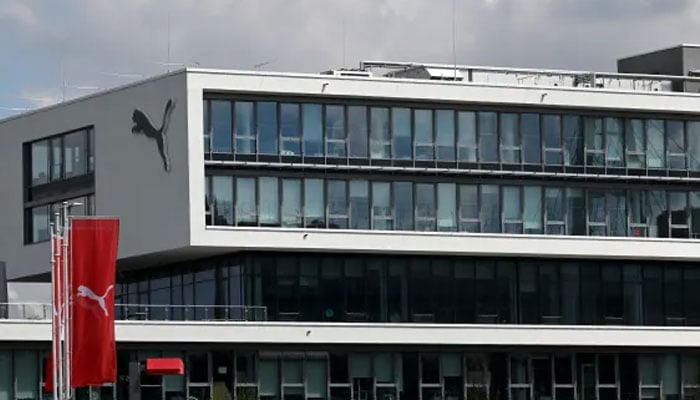
Puma, the German sportswear company, has disclosed its decision to terminate the sponsorship of Israel's national football team by 2024, as confirmed by a company spokesperson.
The move, premeditated since the previous year according to Puma, is asserted not to be influenced by ongoing consumer boycott calls against Israel amid the Gaza war.
Puma, frequently targeted by boycott campaigns due to its affiliation with the Israel Football Association (IFA), emphasised that the decision applies to multiple federations, including Serbia and Israel, and aligns with its overarching strategy to focus on fewer, more significant partnerships. The spokesperson assured that new deals with several national teams would be announced shortly.
An internal memo from Puma, as reported by the Financial Times, affirmed the impending changes in sponsorship. The company intends to reassess existing partnerships and explore upcoming opportunities to strengthen its portfolio of national teams.
Boycott efforts against Puma stem from its contract with the IFA since 2018, with activists criticising the IFA's inclusion of teams based in Jewish-only settlements in the occupied West Bank, considered illegal under international law.
Puma's decision aligns with a broader trend of global companies facing boycott calls from the Palestinian-led Boycott, Divest, Sanctions (BDS) movement, particularly during the recent Gaza war.
The disclosure comes in the wake of Zara, a prominent fashion company, retracting an advertising campaign from its website after facing criticism for seemingly depicting scenes of suffering in Gaza. The incident fueled calls for a boycott from pro-Palestine activists.




